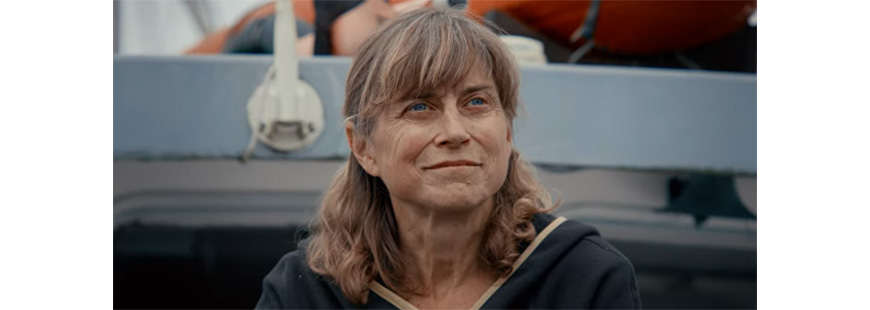“Instead of more fish today, we want more fish forever.” – Stephen Rhoads
Our colleagues at the Alaska Longline Fisherman’s Association (ALFA) are featured in an inspiring new video, Alaska’s Sustainable Fishing Legacy [watch below]. It’s part of the Farms Across America series. MFCN’s Network Policy Council co-chair, Linda Behnken, is joined by Stephen Rhoads, vice president of sales at Seafood Producers Cooperative, and Eric Jordan, co-founder of ALFA’s crew training program. The video explains how modern technology and legacy knowledge are being used to create a future for Alaska’s fishing industry and working fishing communities.
“People see Alaska as a place where there’s still a chance to [fish] and find the balance between protecting the fish and having local economies that depend on natural resources, but those natural resources are still healthy and productive,” said Behnken.
Economic Backbone of Alaska
Since the 70s, ALFA has been a tireless advocate for preserving the sustainability of fish stocks and the communities that rely on them; what Linda Behnken calls the economic backbone of Alaska. The video focuses on the economic importance of Alaska’s small, owner-operator fishing fleet and the challenges they face.
“In this country, we’re moving more and more towards industrial scale. We work with farmers, we work with ranchers, who are up against agribusinesses versus the small farms. And it’s the same with fishing, of having these small businesses be able to be successful in this increasingly industrialized world,” said Behnken.
The video points out that sustainability means more than fish, it’s also about working waterfronts and future generations on the water.
“We talk about how best can we help the economic health of our fisherman? How can we make sure that they’re making money so they can do the maintenance on their boat and pay their crew well enough so they stick around?” said Stephen Rhoads.
Climate Change
The challenge from a changing climate is another topic the video explores.
“Us fishermen out here every day are kind of like the canaries in the coal mine. We are seeing stuff that is truly dystopic and whatever you believe is the cause of climate change, there’s no denying that it is happening. To see the birds and little fishes just vanishing in some places, it’s just frightening,” said Eric Jordan. “On the other hand, it’s not a straight slide down, it’s a roller coaster.”
Scientific Innovation
Scientific innovation is an important part of ALFA’s work, and the video gives us a look at their bottom mapping (bathymetric) project that crowdsources data from ALFA members. They have collected millions of data points from California to the Bering Sea. One of the major benefits is the ability to reduce bycatch by learning where the fish they want to catch are and what areas to avoid.
Future Generations of Fishermen
ALFA’s Crew Training program, part of their Young Fishermen’s Initiative, is teaching the next generation about conservation and sustainable fishing. The program aims to train new fisherman so the essential economic activity continues, and the stewardship heritage of the resources remains for generations to come.
Rhoads took the idea to Behnken, who wholeheartedly embraced it.
“She saw it as them becoming ambassadors for our industry,” said Rhoads.
“You know, what I wake up and go to sleep thinking about is how we grow out that expertise and that passion in the next generation,” said Behnken.
The video is a testament to stewardship. And while the video showcases Alaska, the lessons about economics, sustainability, and the challenges of a changing climate are applicable for coastal communities nationwide.
“It means that we are able to hand to the next generation of fisherman, to our kids the same opportunities and the same healthy ocean that I found when I came up here 40 years ago, and that there’s such abundance and such health and vigor, that they would have those same opportunities to work as we did and bring their catch into a community like this,” said Behnken.
“Sustainability isn’t just about the fish,” said Rhoads.


